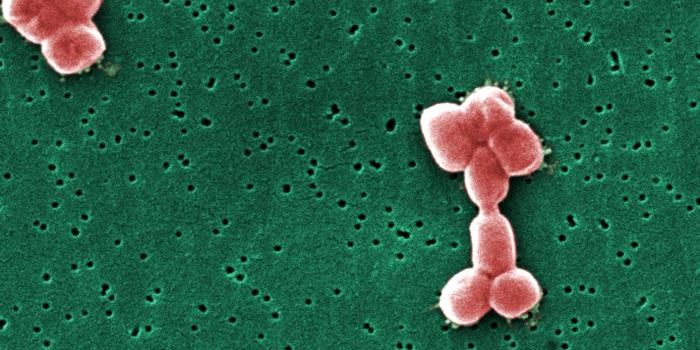Does Hydroxychloroquine Really Work Against COVID-19?
Although US President Donald Trump is a strong supporter of antimalarial drug Hydroxychloroquine as a treatment for COVID-19, there is currently no clinical data supporting the idea. This doesn’t mean that it doesn’t hold promise, however it does mean that its efficacy will only truly be known once clinical trials are complete.
Approved by the FDA as a treatment for malaria, lupus and rheumatoid arthritis, hydroxychloroquine is not approved to treat COVID-19. While the FDA did grant the drug emergency approval against the virus, to be fully recognized, it still needs to pass clinical trials.
Early studies have shown that hydroxychloroquine may be effective in curbing symptoms from the coronavirus. For example, a study from China found that chloroquine is capable of blocking the virus from entering cells, where it replicates and causes illness. As the experiment was conducted in a petri dish, it is not necessarily reflective of biological functions in the human body. This means that although promising, these results are not conclusive of the drug’s efficacy against the virus.
Beyond this, a study from France found that the drug, when taken with antibiotic azithromycin, helped patients recover from the virus. Although interesting findings, as no control group was involved in the research, these results may be more anecdotal than reflective of the drug’s true efficacy.
Meanwhile, a clinical study with a control group from China found that the drug was able to significantly shorten patients’ time to clinical recovery from the virus. Although perhaps more convincing than other studies, some have questioned its validity as the patients were also given other drugs alongside hydroxychloroquine.
To better understand whether hydroxychloroquine may really be an effective treatment, clinical trials are currently underway around the world. In the US for example, a clinical trial examining the drug started on April 2 with the goal of enrolling 510 patients suffering from coronavirus across 44 medical centers. Until results from this trial emerge however, the efficacy of the drug will still be subject for debate. With the study’s estimated completion set to be between April and July 2021, it seems that the debate could last for quite some time- perhaps until the virus has already become a thing of the past.
Sources: Clinical Trials, New York Times, NBC









